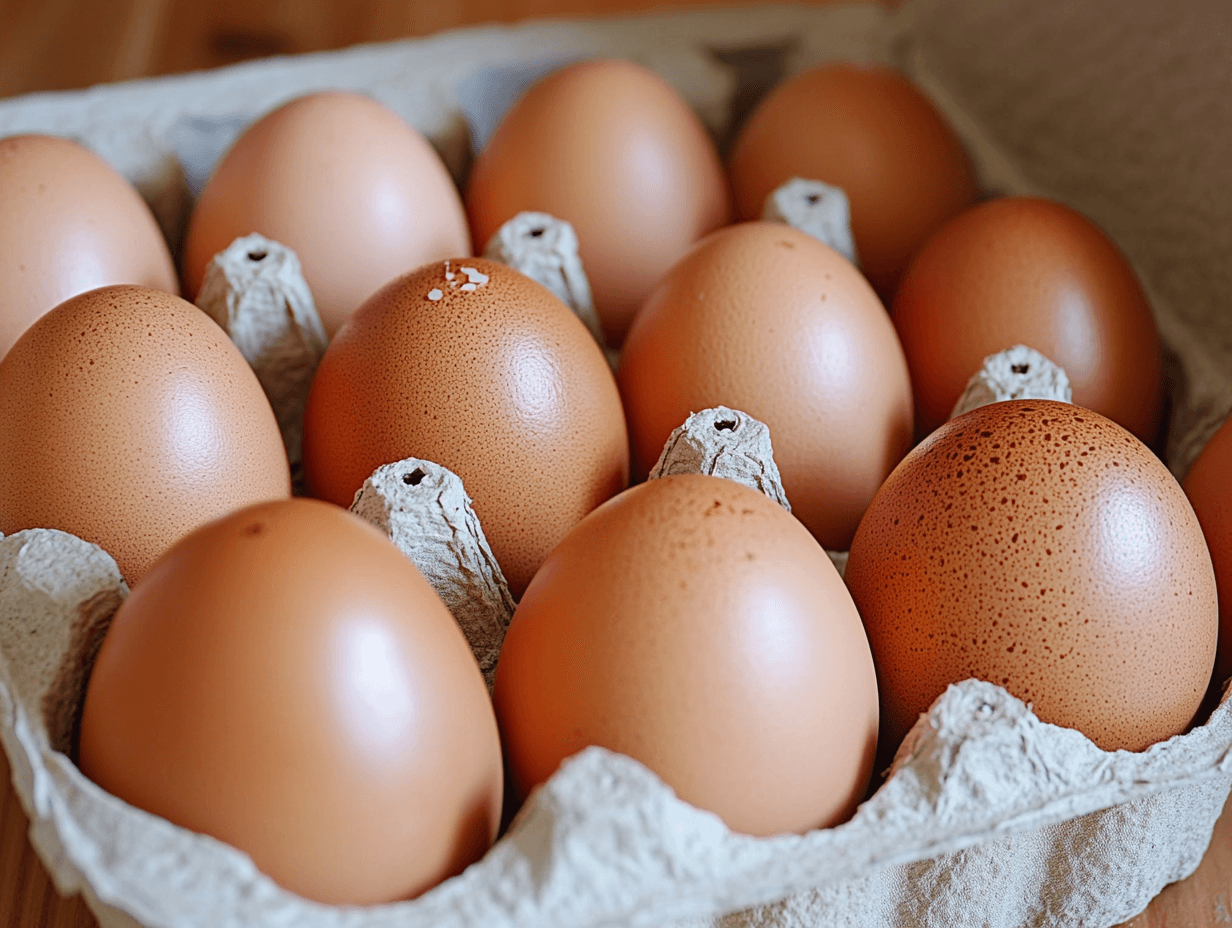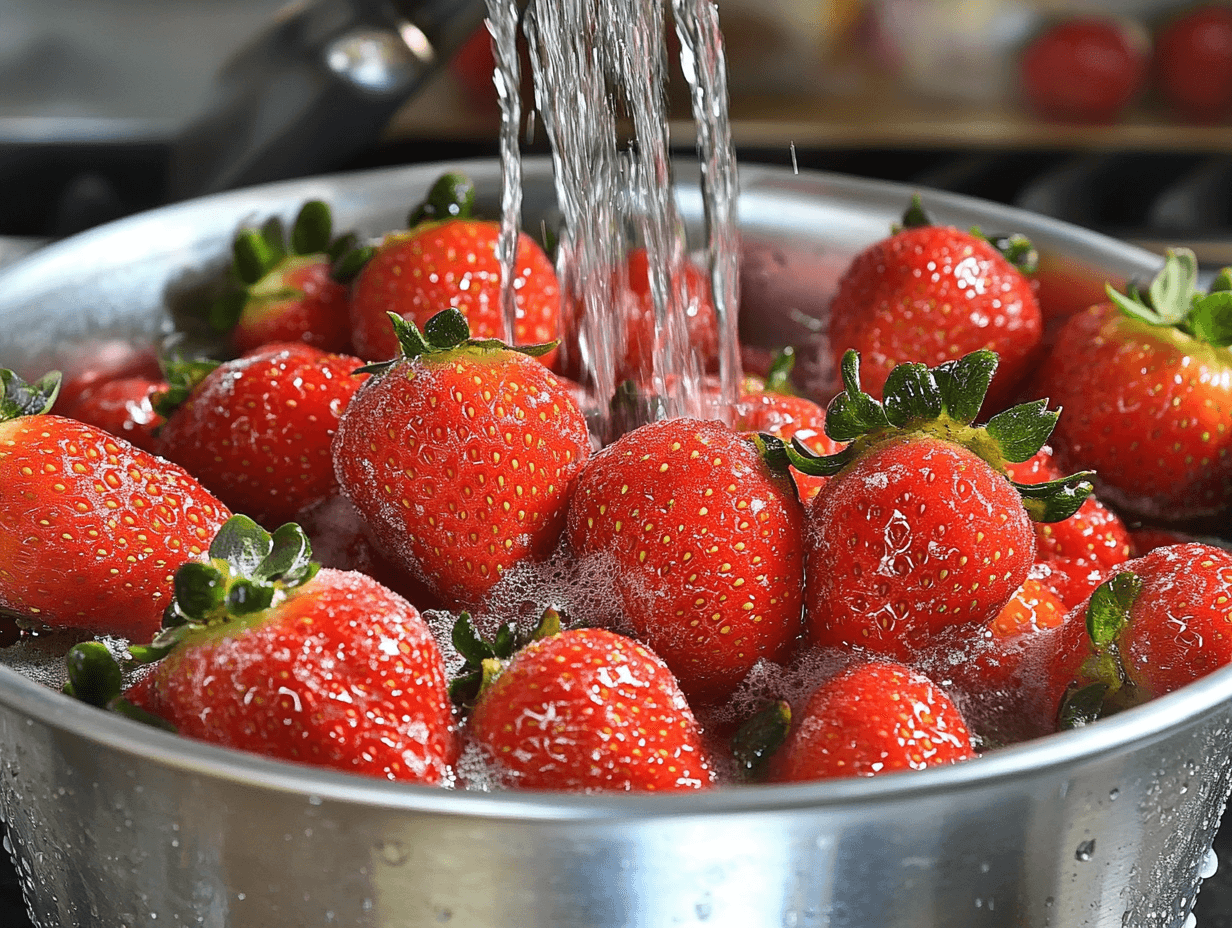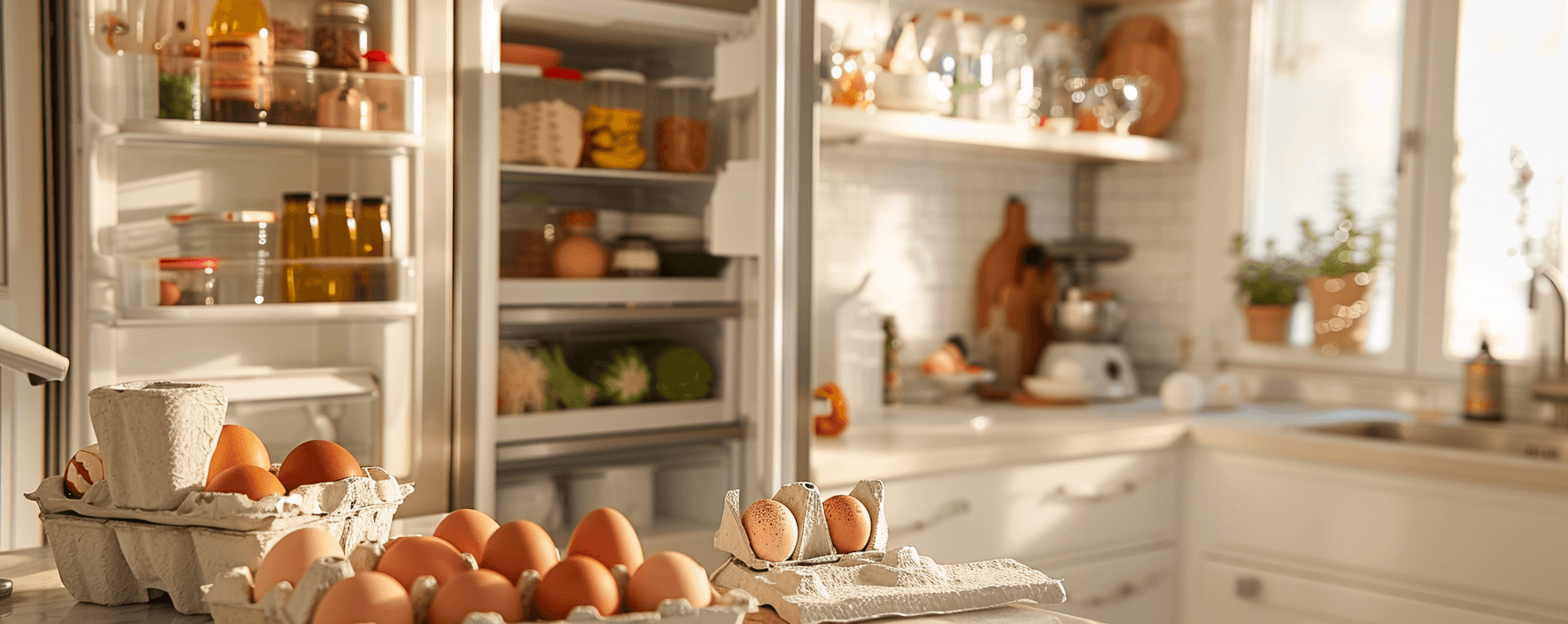How to Tell if Eggs are Bad
It's easy to tell when most foods have gone bad: you'll notice it right away by their distinctive smell or appearance. But when it comes to eggs, things get tricky. It’s not always possible to know if an egg has gone bad just by looking at it or smelling it, especially if the shell is not cracked or damaged. So, how can you ensure that an egg is still safe to eat?
Before you rush to throw out those questionable eggs, there are some reliable ways to check their freshness and safety. With just a few simple steps, you can determine if the eggs are still fit for consumption, thereby avoiding unnecessary waste and ensuring that you're only consuming good food.

How to Tell if an Egg is Bad Before Cracking It
You Could Try the Float Test: Place the egg in a glass or bowl filled with water. If the egg sinks to the bottom and lays flat, it's fresh. If it floats slightly or tilts to one side, it's likely older but still edible. However, if it floats on the surface, it's definitely bad and should be discarded.
…But Is the Float Test Accurate? While the float test is a popular method, it’s not 100% accurate. Factors like the porosity of the shell or the amount of air inside the egg can affect the results, so it's best to use it in combination with other tests.
Inspect the Shell: Check the shell for cracks, spots, or any irregularities. These could be signs that the egg is compromised and may not be safe to eat. Clean, undamaged shells are a good indication that the egg is still safe to consume.
Shake the Egg: Hold the egg close to your ear and shake it gently. If you hear a sloshing sound, it’s a sign that the egg is aging and the egg white has become more liquid, which indicates that it might not be in the best condition for consumption.

How to Tell if an Egg is Bad After Cracking It
Sign 1: It Has an Unpleasant Odor: The most obvious sign that an egg is bad is the smell. If you notice a strong, sulfurous, or rotten odor after cracking the egg, it's a clear indication that the egg is spoiled and should not be consumed under any circumstances.
Sign 2: It Has a Watery Consistency or Discoloration: Another indicator is the appearance of the egg white and yolk. If the egg white is too runny or the yolk appears discolored or unusually separated, it's likely that the egg is bad. Egg whites should be thick, and yolks should be a vibrant yellow or orange color.

How Long Do Eggs Last?
Fresh eggs can last quite a long time if stored properly. Generally, raw eggs in their shells can remain fresh in the refrigerator for three to five weeks. This time can vary depending on factors such as temperature and how the eggs are stored. It’s important to remember that even if eggs are stored in the refrigerator, their quality will decrease over time, which can affect both their taste and texture.
While the expiration date on the carton is a good reference point, eggs can be safe to eat even after that date if they have been stored correctly. However, it’s always advisable to perform the tests mentioned earlier to ensure that the eggs are in good condition before consuming them. Remember that cooked eggs have a shorter shelf life and should be consumed within a week after being cooked.

Can You Eat Expired Eggs?
Eating eggs past their expiration date is a common practice, but it's important to do so with caution. The expiration date on the egg carton is more of a recommendation to ensure the best quality and freshness. Eggs are often safe to eat for several days or even weeks after the indicated date, as long as they have been properly stored in the refrigerator.
Before consuming eggs that have passed their expiration date, it's always advisable to smell them after cracking. The smell is one of the clearest indicators that something might be wrong. If you notice an unpleasant, sulfurous, or unusual odor, it's best not to consume the egg and to discard it immediately to avoid potential health issues.
What Is the Best Way to Store Eggs?
Proper egg storage is crucial to prolonging their freshness and ensuring they are safe to eat. Ideally, eggs should be kept in their original carton inside the refrigerator, preferably on the middle shelf where the temperature is more consistent. Avoid storing them in the refrigerator door, as temperature fluctuations from opening and closing can affect their quality.
Additionally, it’s important to keep eggs away from foods with strong odors, as the porous shell can absorb these, altering the egg’s flavor. Always store eggs with the pointed end down in the carton, which helps keep the yolk centered and fresh for longer. By following these practices, you can ensure that your eggs stay in good condition for a longer period.








